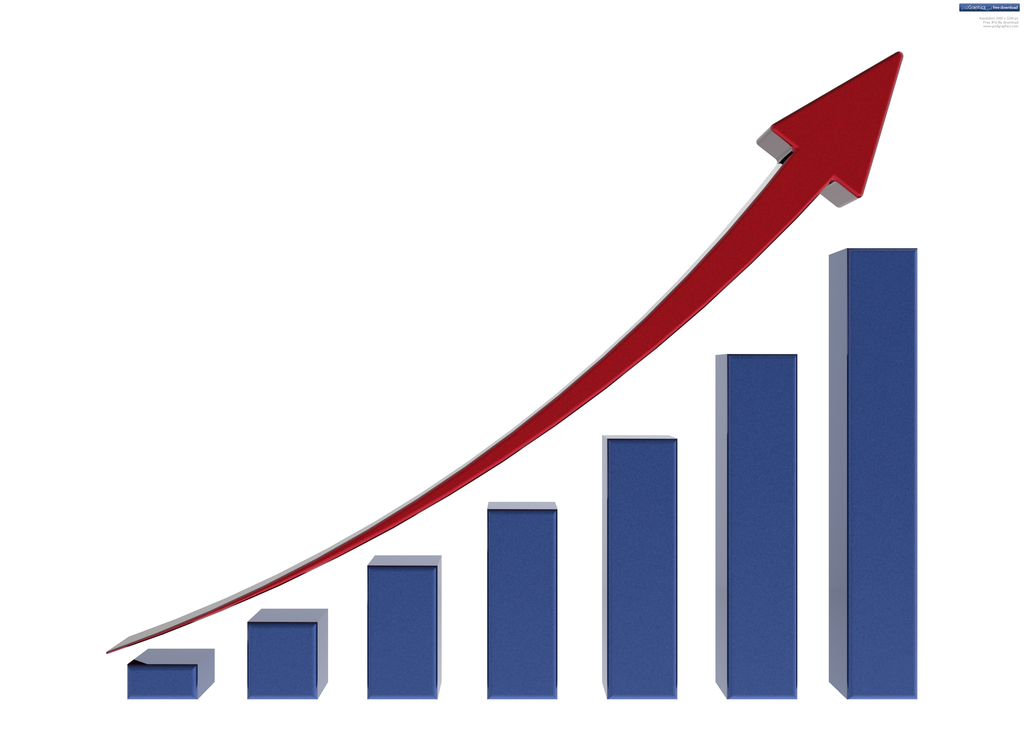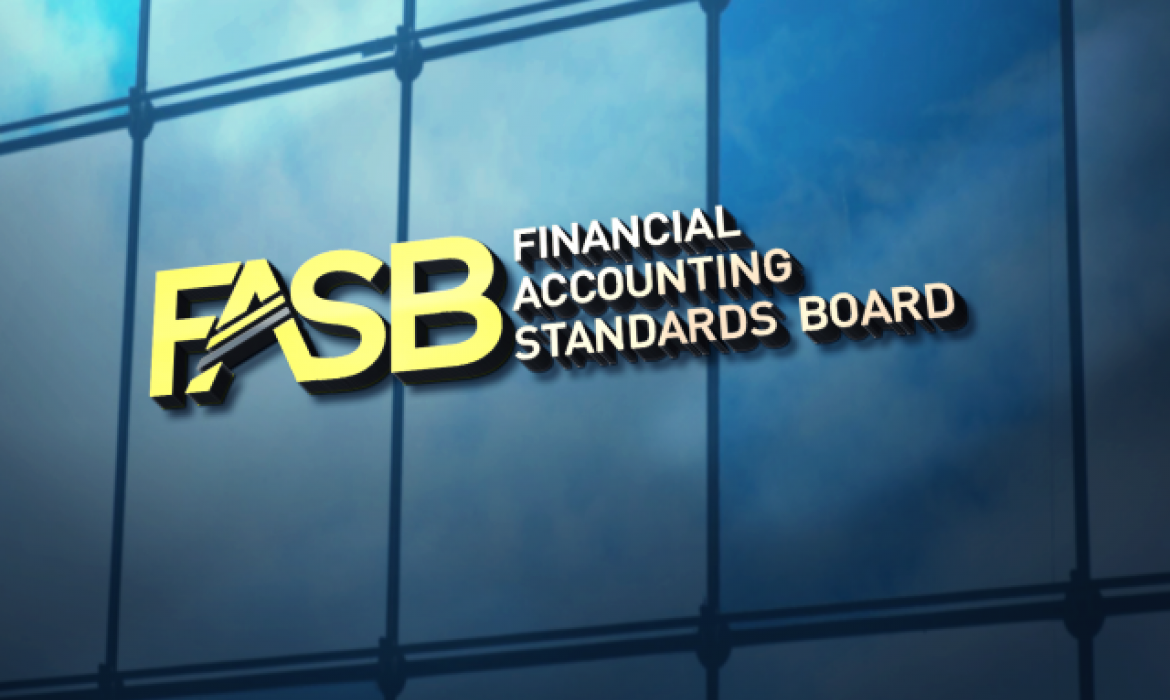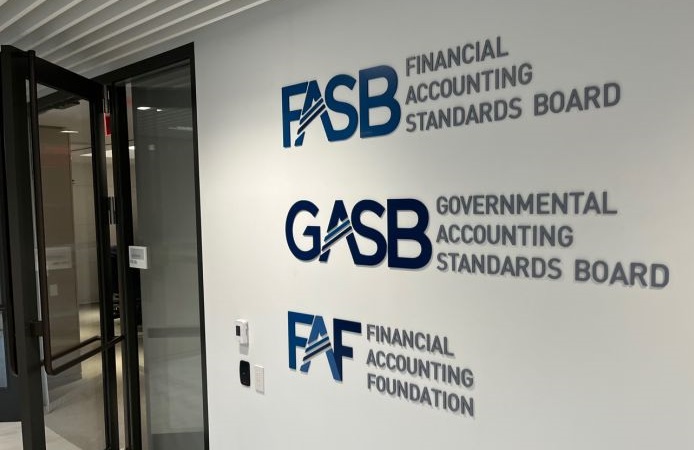A program designed to ease attainment of the final 30 hours of the education requirement for CPA licensure has expanded since it began offering online courses last semester.
The Experience, Learn and Earn (ELE) Program – jointly sponsored by the American Institute of CPAs (AICPA) and the National Association of State Boards of Accountancy (NASBA), and offered through Tulane University’s School of Professional Advancement – currently has 94 summer-session students representing more than 50 employers. That’s up from 38 students in the spring.
“We were excited about the program because it provides flexibility for participants to take as many classes as they need in a very cost-effective manner,” said Jennifer Niece, CPA, learning and development manager for PKF O’Connor Davies, a top 25 firm that participated in ELE this semester. “The asynchronous, online format makes it easy to complete classes around their work schedule.”
PKF O’Connor Davies has seven employees in the summer session and expects a similar cohort in the fall semester, which has an Aug. 1 deadline for sign-ups. Niece said participants are a mix of recent college graduates and those that have been with the firm for a few years.
Mike Decker, the AICPA’s vice president of CPA examination and pipeline, said there has been great interest from employers in the program. “It’s encouraging that recent graduates and accounting professionals who’ve been working for a few years both see ELE as a good path to attaining their CPA license,” he said.
The ELE program is for individuals who have completed their bachelor’s degree and core accounting classes but possess fewer than the 150 credit hours required for licensure. Here’s how the program works:
- Accounting graduates join an ELE-affiliated employer as a paid staff member
- Program participants earn up to 30 university credits through online courses, with firms agreeing to provide time during the week for course work in a balanced, flexible way
- Credit-hour costs are set at highly affordable rates, with some employers picking up the tab for their staff.
- Participating employers are expected to provide support and mentoring to help program participants work toward their CPA license
- The program is open to all employer types, including not-for-profit, businesses and government entities
“The ELE program is a win-win for both the employee and the employer,” said NASBA President and CEO elect Daniel J. Dustin. “Employees gain the necessary coursework to meet the education requirement to become licensed as a CPA and the employer can work with the employee on course selection to develop skill sets that benefit the employee and the firm.”
As part of the ELE program, students receive a curated course list that focuses on the skills and knowledge they need to be successful. The current list has over 15 courses, with more to be added as the program expands
Thanks for reading CPA Practice Advisor!
Subscribe Already registered? Log In
Need more information? Read the FAQs




